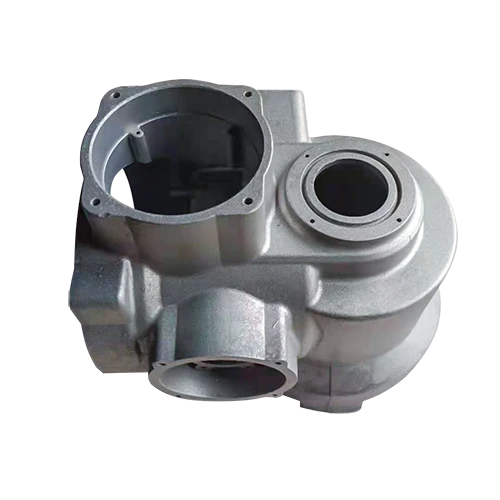Mobile:+86-311-808-126-83
Email:info@ydcastings.com
stainless casting foundry
The Role of Stainless Steel Casting Foundries in Modern Manufacturing
Stainless steel casting foundries play a pivotal role in various industries, ranging from aerospace to medical devices, due to their ability to produce high-performance components with excellent structural integrity and corrosion resistance. The casting process involves pouring molten stainless steel into molds to create intricate shapes and detailed designs, making it a preferred method for producing complex parts that are difficult to manufacture through traditional machining methods.
The Role of Stainless Steel Casting Foundries in Modern Manufacturing
In addition to corrosion resistance, stainless steel casting allows for versatility in design. Foundries can produce a wide range of shapes and sizes, from small intricate parts to large structural components. Advanced casting techniques such as investment casting and sand casting enable manufacturers to achieve high levels of precision and surface finish. This flexibility not only reduces lead times but also lowers production costs, as fewer secondary operations are needed to finish the parts.
stainless casting foundry

The stainless steel casting process typically involves several stages, starting with the design and creation of the mold. Foundries often employ computer-aided design (CAD) software to enhance the design process, allowing for intricate details and optimal performance characteristics. Once the mold is prepared, molten stainless steel is poured into it and allowed to cool, solidifying into the desired shape. After cooling, the cast part is removed, cleaned, and inspected for quality assurance.
Quality control is a crucial aspect of the stainless steel casting foundry process. Foundries must adhere to strict industry standards and regulations, particularly when producing components for critical applications such as aerospace or medical devices. Non-destructive testing methods like ultrasonic testing, radiographic inspection, and dye-penetrant inspection help ensure that the finished products meet the required specifications and are free from defects.
Sustainability is also an increasing concern in the foundry industry. Many stainless steel casting foundries are adopting eco-friendly practices, such as recycling scrap metal and using energy-efficient technologies. By minimizing waste and reducing energy consumption, foundries are not only decreasing their environmental footprint but also enhancing their profitability.
In conclusion, stainless steel casting foundries are integral to the manufacturing landscape, providing essential components across various sectors due to their strength, durability, and resistance to corrosion. With technological advancements and a focus on sustainability, these foundries are well-positioned to meet the growing demands of modern manufacturing, ensuring that high-quality, reliable parts are produced efficiently and responsibly. As industries continue to evolve, the role of stainless steel casting foundries will remain vital in shaping the future of manufacturing.
-
Understanding Metal Casting TechniquesNewsApr.02,2025
-
Understanding Exhaust Manifolds for Enhanced Engine PerformanceNewsApr.02,2025
-
The World of Metal FabricationNewsApr.02,2025
-
Key Components for Pump and Turbo EfficiencyNewsApr.02,2025
-
Essential Tools for Automotive Maintenance and RepairNewsApr.02,2025
-
Durable Valve Components for Effective Water ManagementNewsApr.02,2025











